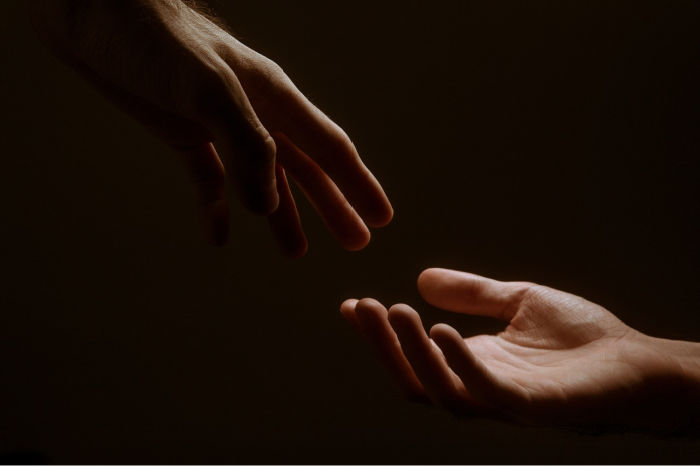It’s not just change. It’s about shifting the burden of responsibility…and the ones in power who make the call.

In his book, Winners Take All, Anand Giridharadas describes a challenge for the social psychologist, Amy Cuddy.
How do you tell a room full of men to take responsibility for the gender pay gap?
That’s precisely what she was being asked to do. Because the problem is obvious. Obvious enough that they’d want to hire an expert to come help them fix their problem.
But now she has a problem. She has to tell people they have to change.
The research around gender inequality in the workplace is unimpeachable. Sexism is a problem. And clearly so. But the company that hired Cuddy didn’t give her anything to lean on. She felt like she was going into the lions den to convince them to become vegetarians.
How do you connect with people so that they can hear you?
It is an honest and good question. But it has a serious blindspot.
Cuddy felt pressure to make her research hearable.
And to do that, she’d have to compromise her talk. They certainly wouldn’t like hearing that they are part of the problem. So she needs a different tack. Something that wouldn’t offend the ones with actual power in the system.
What if we, instead, lift women up? That is something we could all buy into right? A total win-win. In other words, how can we make cultural change without asking the powerful to change?
How can we make cultural change without asking the powerful to change?
Instead of dealing directly with the issue, she is trying to make something they can hear.
What comes out of it is the idea of “power poses” that would help women unlock their own potential. Displace the responsibility from the organization or the male supervisors to pay up and place it in the hands of the individual women.
This is also an idea that has since been discredited.
Giridharadas uses Cuddy’s story to illustrate a major flaw in our understanding of social dynamics.
Adaptive leadership invites people to change, but we often grant the powerful a veto.
This goes beyond the bare-knuckled politics we all imagine. It goes into our own heads when we worry about offending someone. But even that concern isn’t evenly distributed. Or proportional to the responsibility for change.
So for us to even enter into conversations with grace and generosity requires a willingness to participate in a generous, safe, and open dialogue. It requires a give-and-take. A sense of compromise and self-sacrifice that comes from a place of hope for the possibility of change.
We need to make room for honest dialogue.
But many of our systems neither make space for those conversations, nor allow us to engage with some deep truths about massive social inequality. In fact, these spaces for connection are often framed in ways that name equality rather than equity as their goals. Meaning the sacrifice is measured as equal rather than the outcomes.
For many of our problems, there is little sacrifice that must come from the powerless and much that must come from the powerful. Can you imagine reducing our dependence on fossil fuels if we mandate that the fossil fuel industry doesn’t have to sacrifice profits?
Some bear the responsibility. And some have to sacrifice more.
We’re asking each other to do the impossible: solve systemic problems as individuals acting individually, through minor sacrifices, and never offending the powerful. We’re also inviting those responsible for public harm to share in their own responsibility which we spread to everyone if they also get something else out of the deal.
It is almost too simple to label this as a problem with power. Because we also have power. But we’ve framed leadership in the 21st Century around displacing responsibility and granting a veto power to the powerful. Saying that it is because we haven’t pitched it well enough. We haven’t done enough.
And what’s actually happening is we’re afraid that some people will say “You can’t make me.” And given the systems they are protecting, they’d be right.
Our systems need to help us place responsibility appropriately.
If Cuddy were assured that her honesty would be heard, she would have been able to provide the company with genuine expertise. The company would have sought top-to-bottom solutions to eliminate inequality and invited everyone into something more than a mandatory training.
Churches, schools, governments become more adaptive when we foster these tensions in ways that encourage growth. But we also need these adaptive systems for the yucky stuff. We need to own inequality and not blame the victims. It is immoral to encourage those discriminated against to bear the responsibility we avoid.
Apply the same to racism, wealth inequality, voting rights, health care, affordable housing, employment, and whole host of other ways we enable the powerful to benefit from inequality. Benefit with the promise to never have to feel bad for it.
But if we own our responsibility to help those who bear the greatest responsibility, we aren’t just being honest. We’re doing good work.
